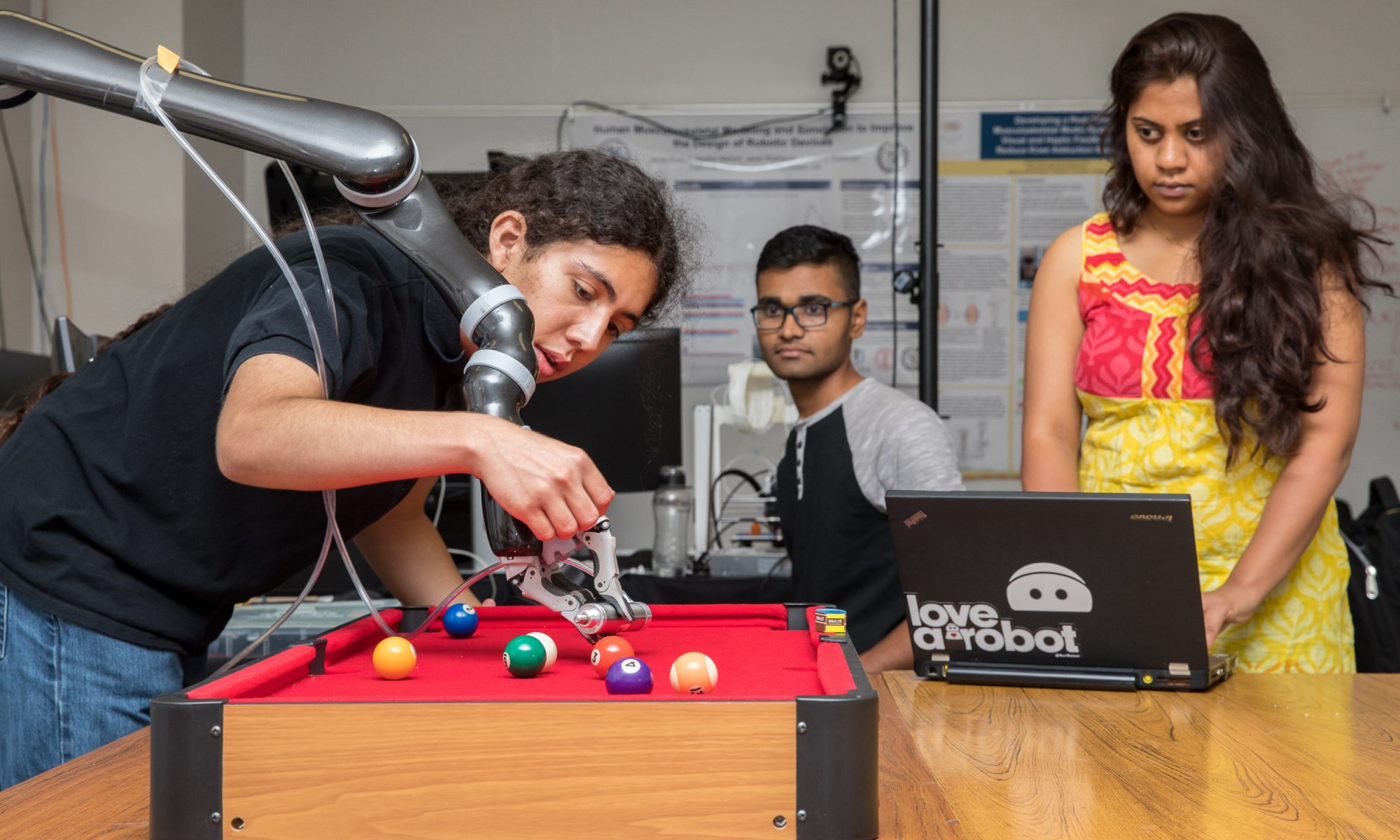
It was 1971 when Dr. Merwin Brown first heard the term smart grid. Decades later, there is still disagreement on its definition. But one thing there is no disagreement on is its necessity.
“We must have a smart grid. The smart grid is not an option, it’s a necessity,” said Brown, keynote speaker at Monday’s 7th annual IEEE Green Energy and Smart Systems Conference (IGESSC) at CSULB.
The event, organized by CSULB Electrical Engineering Chair Henry Yeh, draws researchers and practitioners to discuss research about smart systems and sustainable and green energy systems. This year’s theme is “Toward Smart Systems, Sustainable, Secure Cyber-Physical Energy Technologies.”
Brown, who is co-director of Electric Grid Research at the University of California’s California Institute for Energy and Environment, said during the early years of electrification, reliability and scalability were the main goals. As systems got larger, prices came down.
“The question was: What was the next big power plant we were going to build?” he said.
Then came the 1960s and with it deregulation, alternative energy, high interest rates and other forces that would forevermore change the electric utility industry. Due to high interest rates, the $1-billion power plant then cost $5 billion. The 1970s oil embargo created the U.S.’s first energy crisis.
Another force of change was interconnection. Utilities realized there was scalability in connecting large and small utilities. The downside of that, however, was that one utility’s failure would affect the others.
Unlike utilities of yesteryear, smart grids will require reams of data. “The smart grid requires a lot of information delivered quickly,” Brown said. “And the knowledge must be actionable.”
One question is whether human operators should babysit automatic systems or the systems babysit the human operator. Another is how safe such systems will be from cyberthreats. Although the Internet of Things is bringing convenience to consumers, Brown said failure for it to live up to its promises could create a consumer backlash.
“Let’s say we have a major cyberattack and the system shuts down, we could have a customer backlash,” Brown said.
This year’s GESC attracted about 200 researchers. The conference was divided into tracks on Power Systems, Power Systems & Electronics, and Networking & Systems Engineering. Yeh thanked participants for attending. “We all agree we have many challenges ahead of us,” he said.

